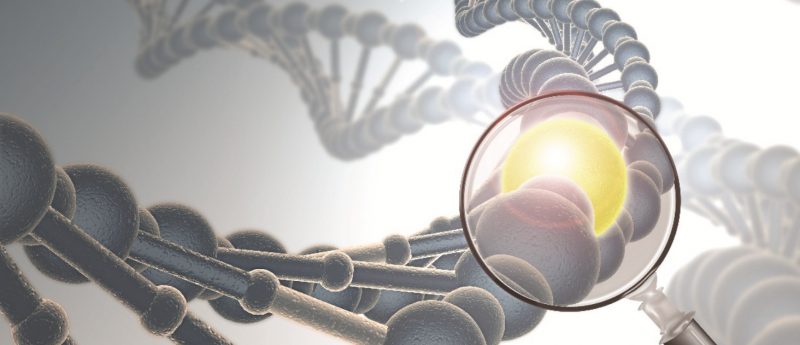Tissue source may not have a significant impact on differentiation potential of reprogrammed iPSCs

Researchers from University of Helsinki (Finland) have compared the differentiation potential of iPSC lines derived from different somatic cells and report that the genome of the donor, but not the donor cell type, has a significant impact, meaning people should take caution when comparing iPSCs derived from diseased patients and healthy individuals.
As induced pluripotent stem cells (iPSCs) are reprogrammed directly from adult cells into a pluripotent cell that can propogate indefinitely and be differentiated into any cell type of the body, they hold great potential for the development of regenerative medicines, and use in disease modeling and drug discovery. However, it has never been confirmed whether different cell types result in equivalent iPSCs — important information to consider in the development of iPSC biobanks.
A recent study from a team at University of Helsinki (Finland) has reported that iPSCs derived from different cell types are equally susceptible to reprogramming, which goes against the previously accepted notion that an ‘epigenetic memory’ of cells means iPSCs would have different differentiation potential depending on the cell type they were derived from.
The researchers compared the gene expression, DNA methylation patterns and spontaneous and guided differentiation capacity of iPSCs derived from skin and blood to see if the stem cells has retained an epigenetic memory — resulting in an inclination to return into the cell type the iPSC was derived from — as previous studies had suggested.
The results demonstrated that there was no difference when the stem cell was fully reprogrammed. Professor Timo Otonkoski, from the University of Helsinki, explained: “It is obvious that pluripotent stem cells derived from different cell types are fully equal. These results are highly significant to biobanks, as this way one collection can feature different source cells, and previously stored living cell samples remain useful for iPS cell production.”
However, they did find a significant difference in differentiation potential where cells were donated from different individuals, indicating donor genotype playing a role. “The genetically determined individual differences in stem cell differentiation were surprisingly extensive,” Otonkoski points out. “This means that to make reliable observations about the functional implications of genotypes related to an illness requires that bio banks acquire a sufficiently large variety of samples from several donors.”
Sources: www.eurekalert.org/pub_releases/2016-01/uoh-dgc011316.php; Aija Kyttälä, Roksana Moraghebi, Cristina Valensisi et al. Genetic Variability Overrides the Impact of Parental Cell Type and Determines iPSC Differentiation Potential. Stem Cell Rep. doi:10.1016/j.stemcr.2015.12.009 (2016).